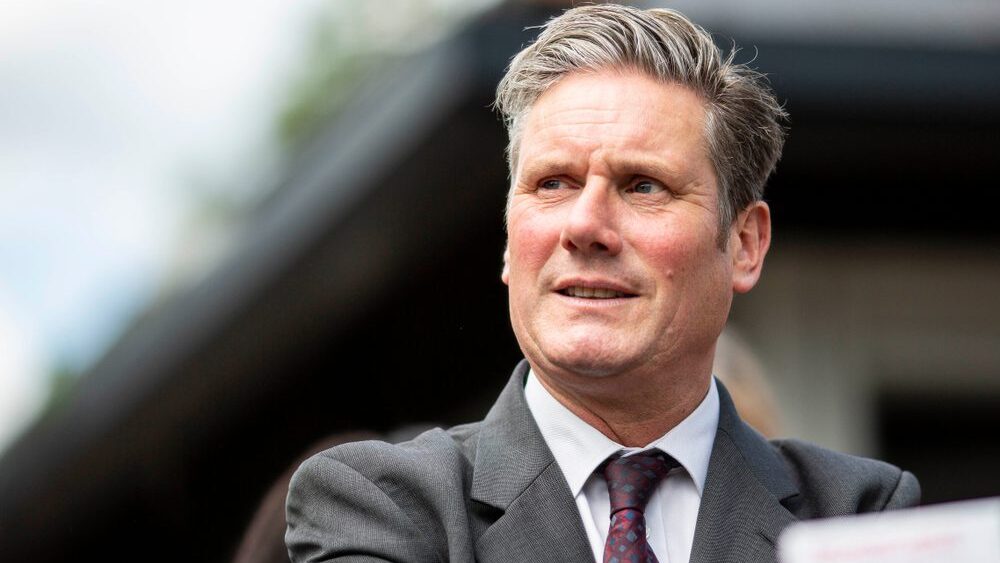
Britain’s Labour Party has spent weeks flip-flopping on plans to pump £28 billion (€32.8 billion) into ‘green’ projects, and the debacle was made all the more confusing following its leader’s attempts to offer clarification.
Reports on Thursday revealed that Labour will not commit to the £28bn pledge if it wins the next election. Just four days earlier, leader Sir Keir Starmer told The Times that this vast sum of money is “desperately needed” to achieve “clean power” by 2030. As if to complete the circle, Labour’s own deputy leader, Angela Rayner, one week previously described the figure as “arbitrary.”
A new ‘campaigning bible’ sent to help current and prospective Labour MPs win votes also notably failed to mention the scheme, which would see £28 billion invested every year in as-yet undefined ‘green’ infrastructure. Party sources, however, insisted at the time of its release that they remained committed to the borrowing plan.
However much the party changes its rhetoric on the environment, it is clear that a Labour government led by the current stock of green zealots would firmly pin itself to ‘Net Zero’ targets. A spokesperson for one of Labour’s biggest union backers has already criticised dropping the £28bn pledge as a “capitulation to right-wing interests,” a sentiment that is likely to be shared by many Labour parliamentarians.
Changing language around this and other green policies is likely nothing more than an attempt to please all voters ahead of a crucial general election. These attempts have been mirrored by the Conservative Party, which also tries to convince environmentalists that it is wedded to the green agenda, while at the same time telling net zero sceptics that it won’t commit to costly schemes.
In the brief period between Starmer branding the plan “desperately needed” and the party supposedly canning it altogether, Ross Mudie, a researcher at the Centre for Progressive Policy think tank, commented that Labour’s backtracking “debacle” was likely to continue. It didn’t take long for him to be proved right, and it is likely that more changes are still to come.
